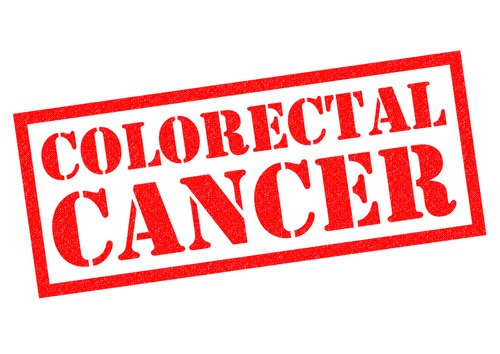Doctors Answering FAQs: Colorectal Cancer Screening Edition
Colorectal cancer is one of the only two types of cancers that can be completely reversed if caught early enough. The emphasis here is on ‘if caught early enough’. If you knew that colorectal cancer causes the second-highest number of cancer-related deaths in men and women combined, you would get screened immediately, right? However, the actual stats reveal that only half the people who need a colon cancer screening get one.
The primary reason behind this blatant disregard of a potentially life-saving screening could be social stigma and the inability to acquaint oneself with the procedure.
Below we answer some of the most common questions that people usually have about getting a colorectal screening.
What are the Tests Offered in a Colon Cancer Screening?
Generally, a facility offering colon cancer screening will offer these 5 tests -
Colonoscopy
A thin tube with a light and lens at one end is inserted through the rectum to examine the colon. The colonoscope can also be used to scrape bits of the tissue for biopsy.
Sigmoidoscopy
Sigmoidoscopy is a procedure very similar to colonoscopy, except it is carried out to look into the rectum and the sigmoid colon.
Virtual Colonoscopy
Virtual colonoscopy makes use of computed tomography (CT) scans to take a series of pictures of the colon. Medical software is then used to put together the images and figure out the presence of polyps or cancerous growth.
Fecal Occult Blood Test (FOBT)
The FOBT places a tiny sample of stool under a microscope and looks for blood in the sample.
Stool DNA Analysis
The stool DNA test checks the cells in the stool for any change in the genetic makeup. A change in the DNA can indicate cancer.
What is the Procedure Followed in a Colonoscopy?
The health care providers will sedate you or administer anesthesia. Following this you will be asked to lay on your side and draw your knees up to your chest.
The colonoscope is inserted into the rectum and the tube is used to pump carbon dioxide, air, or water into the colon. It’s easier to look around when the colon is inflated.
The doctor then examines the colon aided by the light and camera fitted at the tip of the scope. During this, the patient will most likely feel cramped and the urge to go.
The tube may also be used to obtain tissue samples for biopsy. Usually, a colonoscopy lasts anywhere from 30 to 60 minutes.
Do Getting a Colonoscopy Mean I Will Need to Miss Work?
It is recommended to not work on the day of the colonoscopy since the anesthetic will still have you spacey. You are going to need someone to drive you home after the procedure. You should be able to work the day before and the day after without much trouble. If you are worried about having to miss work, you can always schedule the colon cancer screening on a Saturday or better even a Sunday.
What Do I Need to Drink Before the Procedure?
The day before the procedure you’re only allowed to drink clear liquids. However, you are mandatorily required to drink a gallon of laxative solution. The prep drink has laxatives like GoLytely, Colyte, and MiraLAX mixed with a flavored drink to combat the saltiness of the solution.
Am I Going to Have Excessive Bowel Movements the Night Before?
Yes, that is the purpose of drinking a gallon of laxative prep drink. Without the laxative, the bowel may not be clear enough and the doctor will be unable to have an unobstructed view of the colon. It’s best for you to not stray far enough from a bathroom the night before. Avoid taking trips or going anywhere that does not have a bathroom in the vicinity.
Early Detection Can Save Your Life: Get Screened Today
Digestive Disease Specialists, Inc. is a collective of Oklahoma City’s best doctors and health care professionals. With state of art medical technology and the highest degree of patient care, we are focused on making gastrointestinal care accessible to the populace of Oklahoma. Visit our website to contact us for an appointment.
**Disclaimer: This blog content does not offer a doctor's advice and creates no relationship between any patient and care provider.

